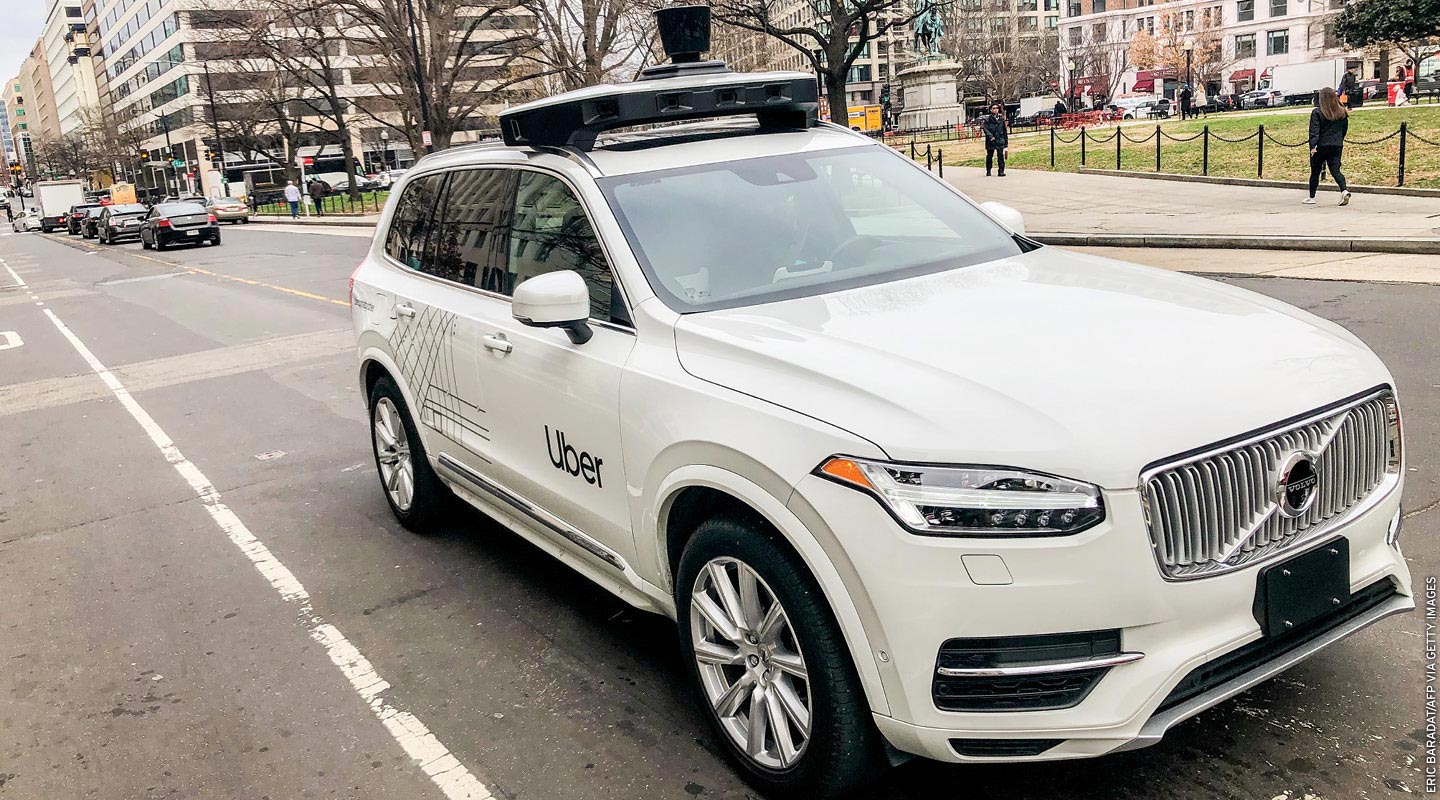Americans love their cars. The typical household owns at least two and spends more on vehicles than on any other expense besides housing. Except for in a few densely populated cities, Americans must drive if they want to get to work or school, go shopping, or see friends.
But dependence on driving has a number of negative consequences. Transportation now contributes more to climate change than any other part of the U.S. economy. By reducing road congestion and driving more efficiently, driverless cars will reduce emissions. Most communities are built around driving, which makes it harder for individuals with disabilities, older Americans who can no longer drive safely, and those who can’t afford cars to get to where they want to go. Self-driving cars will improve mobility for those who can’t drive themselves.
Most important, driving on our roads today needs to be much safer. In 2018, more than 36,500 people died in crashes in the U.S., according to federal data. That’s more than 100 per day; the status quo is unacceptable.

